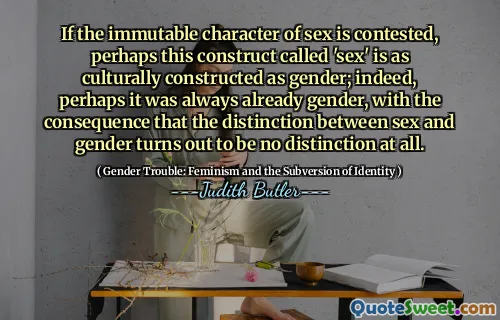The religion of orgasm: utilitarianism projected into sex life; efficiency versus indolence; coition reduced to an obstacle to be got past as quickly as possible in order to reach an ecstatic explosion, the only true goal of love-making and of the universe.
The quote from Milan Kundera’s book "Slowness" presents a critical view of how contemporary society approaches sexuality. It suggests that many have adopted a utilitarian mindset when it comes to sex, focusing solely on achieving orgasm efficiently rather than embracing the deeper connections and experiences that love-making can offer. This reduction of sexual intimacy to a mere biological function is framed as a loss of something profound and enriching.
Kundera contrasts this modern perspective with the value of slowness, implying that the hurried nature of sexual encounters leads to a superficial understanding of pleasure and intimacy. By emphasizing a quick route to climax, love-making becomes a transactional act rather than an expression of affection and connection. The author's critique calls for a reevaluation of how we value experiences in our intimate lives, suggesting that true fulfillment may lie in savoring the process rather than rushing to the end goal.


